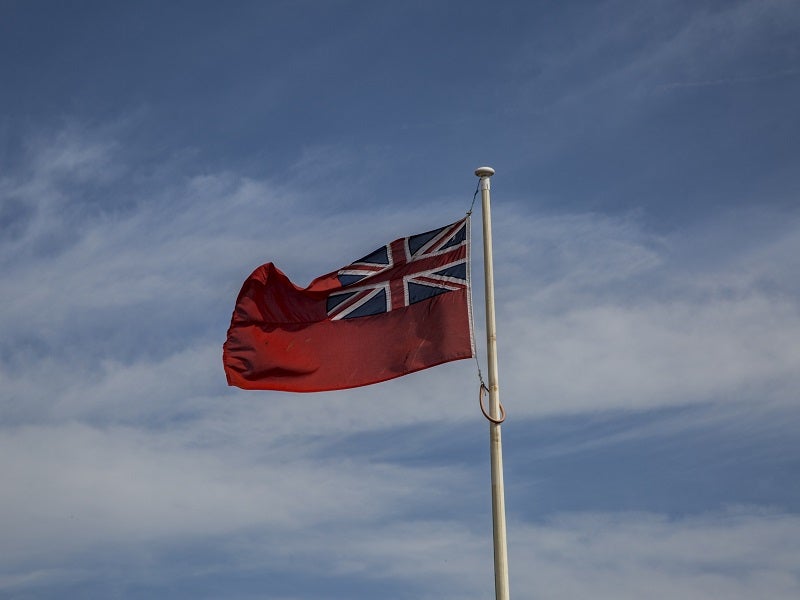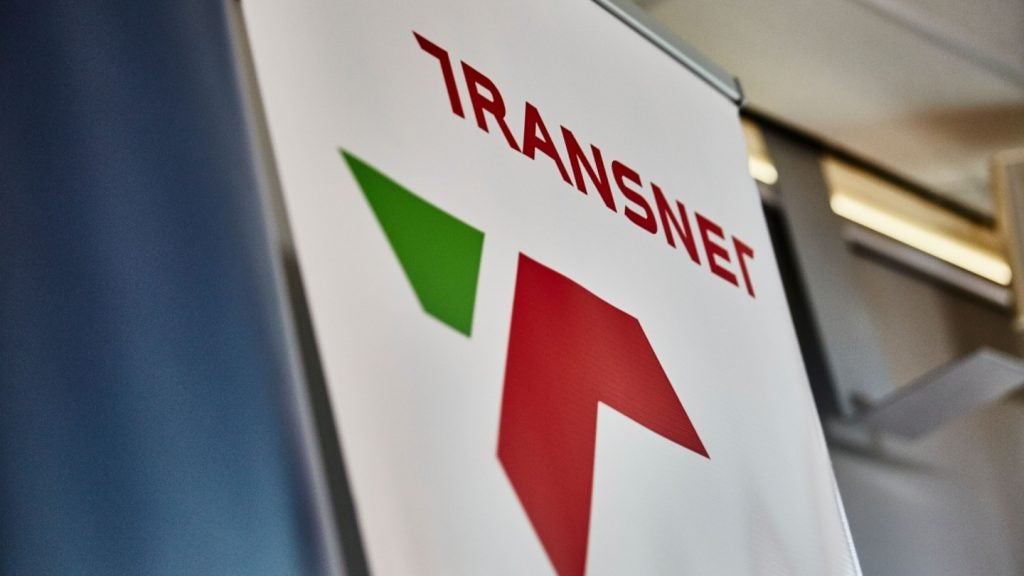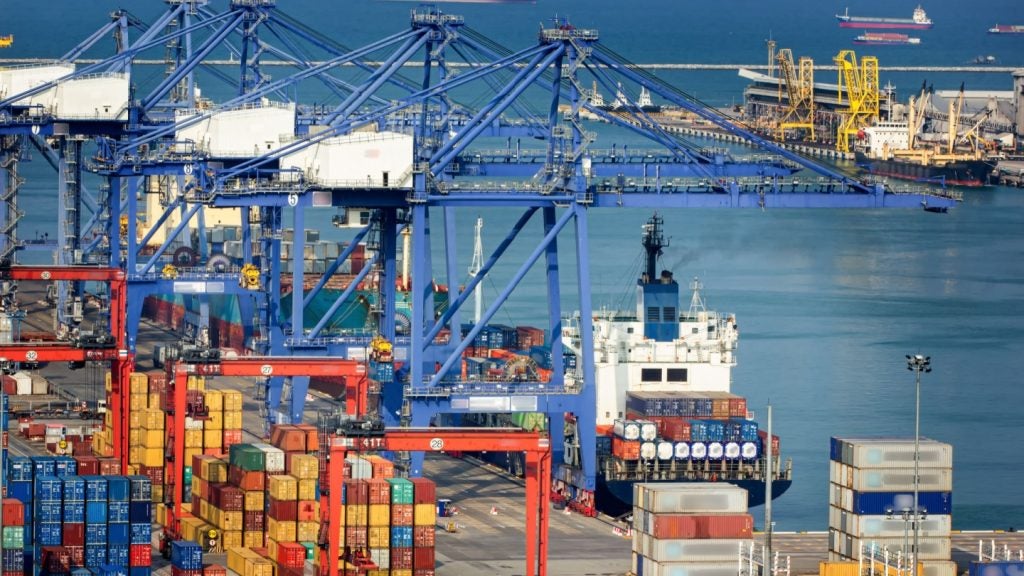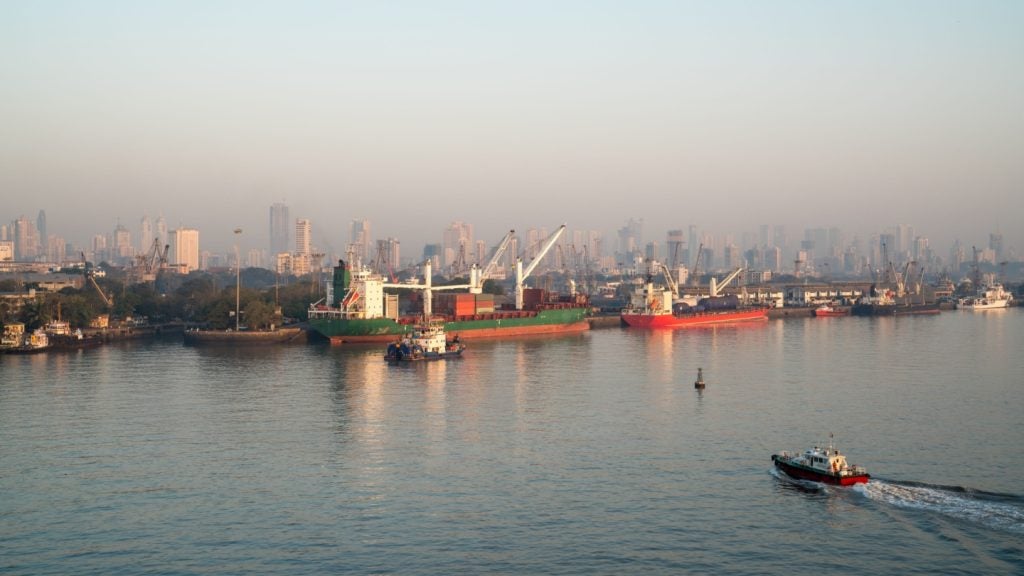
It is the nightmare scenario that is becoming all the more plausible: with just months to go before the United Kingdom is scheduled to leave the European Union, Theresa May’s much-disputed draft withdrawal agreement has left the chance of a no-deal Brexit looking increasingly likely.
While the implications of a no-deal scenario on the Irish border, freedom of movement and Britain’s wider economy have been discussed at length, few have considered its impact on British seafarers, one of the country’s most productive set of workers according to the UK Chamber of Shipping.
A potential crisis in seafarer certification
According to The International Convention on Standards of Training, Certification and Watchkeeping for Seafarers (STCW), crew members carrying out certain duties must have what is known in the industry as a certificate of competency (COC).
Under current European Commission rules, all EU countries recognise the certificates issued to seafarers by other EU countries or by non-EU countries that have recognised third party status.
While existing seafarer certificates would be valid in the event of a no-deal Brexit, new certificates issued by the UK would need to be assessed by the European Commission, with the country seeking special third party status.
“Clearly it is within the government’s gift to offer unilateral recognition to certification of competency holders from other EU member states to work on ships registered in the UK, but the British Government has got no power to influence the reverse of this,” says UK Chamber of Shipping policy director Tim Springett. “It would overturn a very well-established regime that allows seafarer officers in particular to move between ships of different flags.”
How well do you really know your competitors?
Access the most comprehensive Company Profiles on the market, powered by GlobalData. Save hours of research. Gain competitive edge.

Thank you!
Your download email will arrive shortly
Not ready to buy yet? Download a free sample
We are confident about the unique quality of our Company Profiles. However, we want you to make the most beneficial decision for your business, so we offer a free sample that you can download by submitting the below form
By GlobalDataThe process could potentially affect a large number of the roughly 22,000 seafarers that currently hold UK certificates of competency and serve on ships registered under other EU flags, or work with companies that have mixed-flag fleets.
“By the law of averages 4,400 of those certificates will expire during the first year after Brexit,” Springett says. “Those are the ones who are most under threat if there is a no-deal scenario and the European Commission were to decide that it has no alternative but to go by the book in terms of recognising the UK as a third country. It is an uncertain and potentially worrying situation for UK officers.”
Third-party certification: a question of timing
Analysts expect the European Commission and the European Maritime Safety Agency (EMSA), which is responsible for auditing third countries, to grant recognition to the UK, whose education and training standards are already in line with the European requirements. But the process may take time.
According to EU rules, the decision for recognising a country has to be adopted within 18 months from the date of the request. But a report from the European Commission published last January admits that the 18-month period is “never respected”, with actual recognition taking far longer and human and financial resources stretched at the EMSA.
“The process will not be a quick one,” says Springett. “It requires at least one member state to make a request to the commission for a particular third country to be recognised.
“The commission will then require the submission of information about the number of potential certificate holders that will be endorsed from that country, and if it is satisfied that it is worth its while, they will ask the EMSA to carry out an audit. The EMSA would come over to audit the Maritime and Coastguard Agency, inspect colleges, and then give its view on whether the UK complied.”
The worst-case scenario for UK seafarers
As unlikely as it might seem, the EMSA may decide that the UK does not meet the standards, posing an even greater threat to British seafarers. Any country that had decided to recognise UK certificates unilaterally pending a final decision would subsequently have to withdraw their recognition.
“It may lead to ships changing flag, or in an absolute worst-case scenario, it may make UK cadets and officers less attractive to companies than those who can be employed across a wider variety of vessels,” says Springett. “That is something that none of us want. We believe very strongly in UK officer talent and we would certainly want to guard against any inhibitions on their ability to be employed on a variety of ships.”
In September the British Government published guidance documents on how seafarers and shipping companies would be affected by a no-deal Brexit. But the notices provided little comfort to the UK Chamber of Shipping or Nautilus International, the international trades union.
“Whilst the government says that this is ‘not an outcome that we expect to occur’, ministers were meeting only today to discuss no-deal preparations and this notice does not tell our members what they should be doing now to mitigate the impact of the UK crashing out of the EU without an agreement,” said Nautilus International’s general secretary Mark Dickinson in a press release.
Together with Nautilus International, the UK Chamber of Shipping is now supporting a call for an interim measure to be agreed, with or without a deal.
“We are speaking with one voice with the unions to try and get this resolved,” says Springett. “Our shipping minister will need to talk to the Directorate General for Mobility and Transport and make the case for getting something in place. And we may have to take the issue wider and lobby other member states.”
In the end, Springett adds, a pragmatic solution should not be too hard to find. “We’re not talking about the Irish border,” he says. “We’re talking about recognition of professional qualifications for people who work at sea.”







